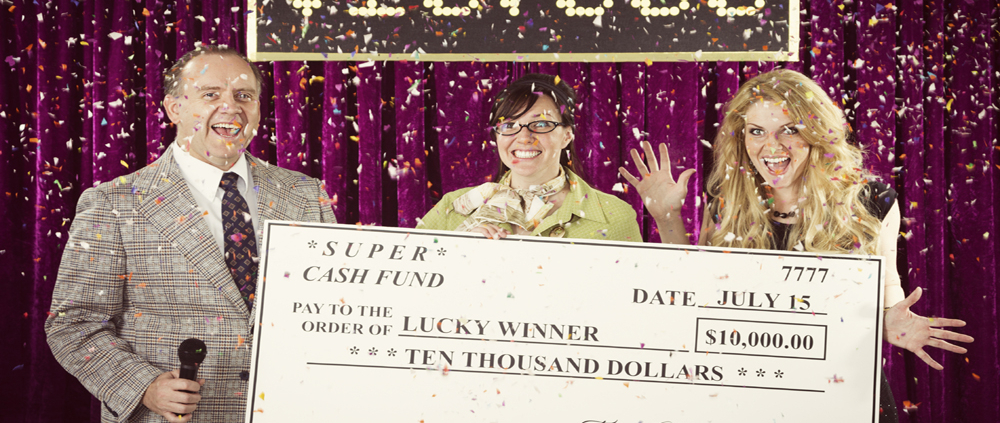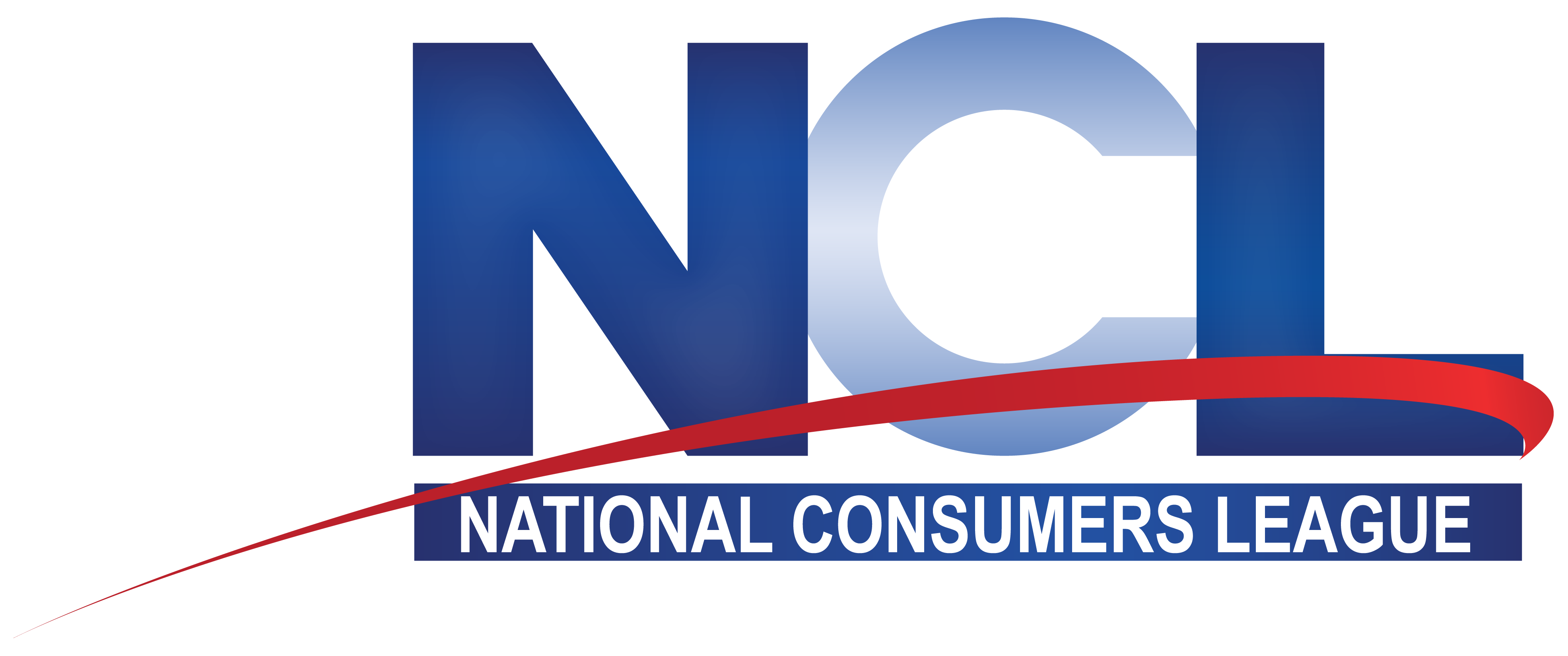Prizes and sweepstakes scams
Congratulations! You’ve won a car, valuable jewelry, cash, or some other fabulous prize! Is this really your lucky day, or is your luck about to take a turn for the worse? Be cautious before you claim your big prize or sweepstakes win.
Stay safe. Be Informed.
-
Never pay to play. It’s illegal for a company to require you to buy something or pay a fee in order to win or claim a prize.
-
Buying something doesn’t improve your chances of winning. It’s illegal for a company to even suggest that your chances will be better if you make a purchase.
-
Don’t believe that you have to give the company money for taxes on your prize. Taxes will be deducted from your winnings or you will pay them directly to the government.
-
Guard your credit card and bank account numbers. No legitimate sweepstakes company will ask for this information. Your social security number may be required for tax reporting purposes if you have won. Don’t provide that information unless you’re absolutely sure that you entered the contest and that you know the company operating it.
-
Be on guard for imposters. Some con artists use company names that are identical or very similar to well-known, legitimate sweepstakes operators. Tell them that you’ll get back to them and contact the real companies to ask if there is any connection.
-
Be wary of offers to send you an “advance” on your “winnings.” Some con artists use this ploy to build trust and get money from your bank. They send you a check for part of your “winnings,” instructing you to deposit it and then wire payment to them for taxes, bonding, or some other phony purpose. The bank tells you the check has cleared because the normal time has passed to be notified that checks have bounced. After you wire the money, the check that you deposited finally bounces because it turned out to be an elaborate fake. Now the crooks have your payment, and you’re left owing your bank the amount that you withdrew.
-
Get the details in writing. Legitimate sweepstakes companies will give you written information about how a contest works, including the odds of winning, the value of the prizes, the fact that no purchase is necessary, and an explanation that buying does not improve your chances of winning.
-
Don’t be fooled by official-looking advertisements. It’s not necessarily legitimate just because the envelope is marked “urgent” and the contents look impressive. One clue that you haven’t really won is if the letter was sent at bulk mail rates. That means that thousands of other people are receiving the same thing. Although many scammers send letters congratulating you on your winnings, pop-ups and emails are becoming more common among scammers.
-
Be especially cautious about foreign sweepstakes companies. Many fraudulent sweepstakes companies that target U.S. consumers are located in Canada or other countries, which makes it much more difficult for law enforcement agencies to pursue them.
-
Remember that con artists lie. It’s hard to imagine that there are people who are so cruel that they will tell you you’ve won something when you haven’t, but it’s true.









Thank u I gained some needed to know knowledge.